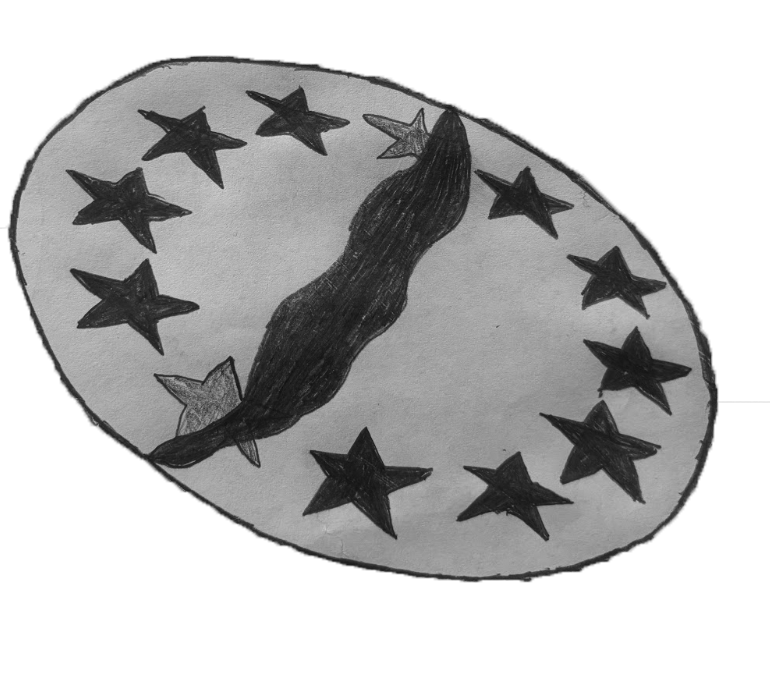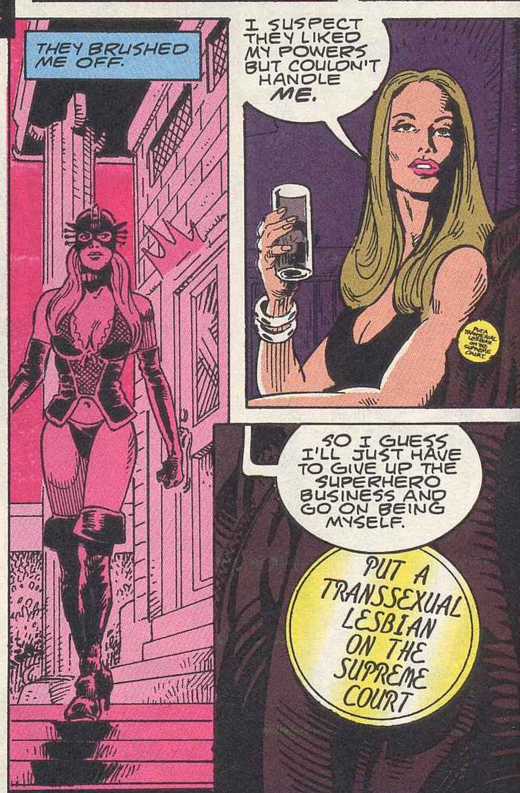From Jack the Ripper to the Cleveland Torso Killer, the world seems to be fascinated with serial killer gore. Restrictions and content filters have led to this online niche dwindling, but nothing can stop the sadistic subgenre that is True Crime. While 1 in 3 True Crime fans who have been involved in a crime describe that the content helped them react better, it also pulls out the deviance in some with more than 1 in 10 fans claiming they’ve been attracted to the criminals described in these series.
True Crime has been an interest long before the internet, but, like most things, it’s become more and more mainstream thanks to the digital world. In the past, to procure the morbid details of a crime, you might have had to read a book, sit through a documentary, or just speculate. But, with a search engine, the hunt for True Crime has severely shortened. As of now, there are over 200 True Crime podcasts on Apple music alone. Additionally, 25% of the most popular podcasts in the U.S. focus on sharing True Crime stories. A poll of a thousand True Crime fans shows that most tune in for about four hours a week, with Gen Z listeners amounting a whopping four and a half. Do we really need so much of it so easily accessible? The mass production and consumption of murderous content casts doubts on the ethics of not just the viewers, but the creators.
Generally, murder is considered heinous. But, monetizing a streaming service that showcases gruesome assaults and gives attention to the perpetrators despite victims’ families’ duress is acceptable? What’s jarring about this amateur content is the downright disrespect to victims during summation videos or in-depth documentaries. My biggest complaint is that True Crime channels on YouTube have seemed to lose their empathy and resort to dramatizing someone’s torture. It’s examples like these where True Crime loses its good intentions and leans into the production of eye-catching content and clickbait titles that will gain attention and revenue. While True Crime isn’t the only culprit caught creating clickbait, it is perhaps the most sickening due to how the story came to be.
Listening to or watching True Crime isn’t a crime against humanity–I’ll admit it is a guilty pleasure of mine–and I don’t completely believe that watching violence automatically makes someone a violent person (albeit debatable). But, I do believe that content creators who apply makeup during murders, write extensive fanfiction about killers, or sexualize perpetrators is when True Crime becomes a crime. These are people’s lives that are affected by apathetic individuals. True Crime is founded on traumatic experiences and that fact should not be taken lightly by creators. With this in mind, I urge avid fans to reconsider which channels or podcasts they support to feed their fascinations.







